Dreamcatcher South Africa’s activities have intentionally addressed the goals of the UN since 2000 through the previous Millennium Development Goals (2000-2015) and the current Sustainable Development Goals (2015-30). The goals call for concerted action to solve some of the world’s most difficult challenges. 193 UN General Assembly members adopted and committed to the Sustainable Development Goals. Our integrated model also responds to the aims of COPs (Conference of the Parties), the most recent being COP26 in Glasgow UK in 2022, with specific focus on climate action.
We are proud to share our journey and impact with you. Join our journey below where we explain how our integrated, collaborative and out-comes based approach addresses many of the Sustainable Development Goals.
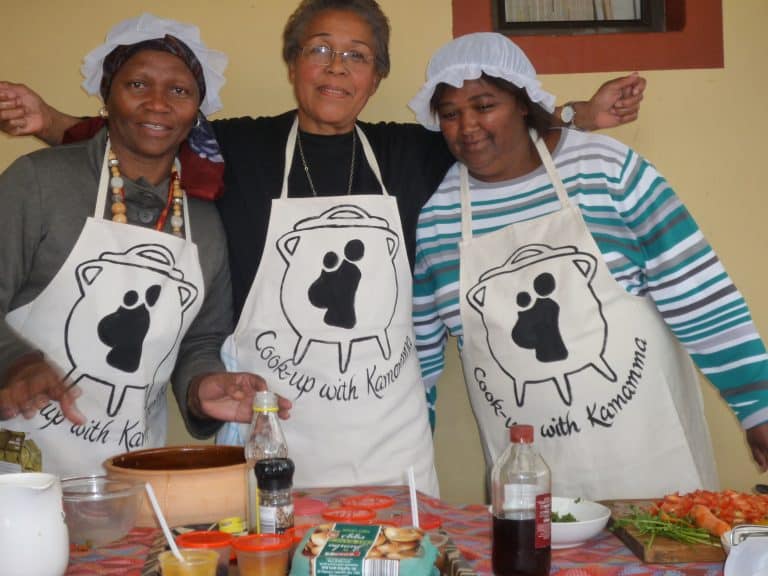
By creating enterprises and stimulating local job creation we are fighting poverty. We are increasing the income streams in communities by diversifying job opportunities through initiatives like Cook Up and Homestay with Kamamma, walkabouts, and crafting and manufacturing from local resources. A circular economy makes sure that the money that is earned circulates in the community and stimulates local socio-economic growth.
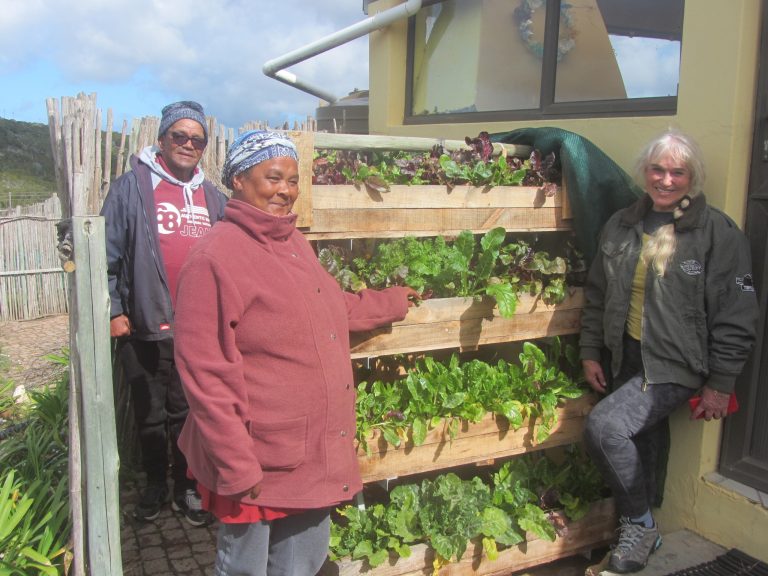
The main reason for hunger is poverty and lack of skills and resources for self-sufficiency. We have innovated and developed a pioneering food growing programme whereby families grow their own nutritious food in front or back yards – Back 2 Front Yard Farming (B2FYF™). We provide the skills, support and start up resources to facilitate local food growing – including composting of organic waste. In this way we address food poverty and nutrition.
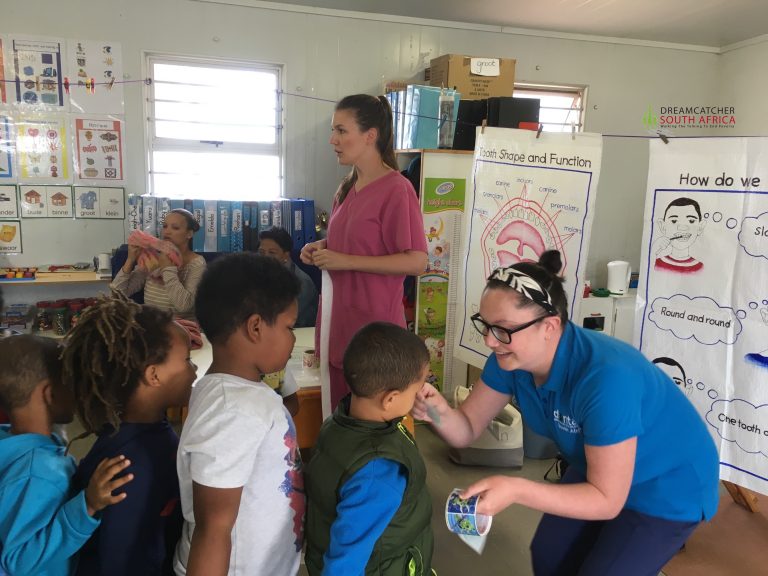
Since inception we have collaborated with many health and well-being practitioners volunteering alongside community members to address public health challenges. This includes projects addressing dental health, well-being and exercise. We support First Aid Responders in local communities who are on stand-by for incidents or injuries. During the pandemic the First Aid Responders played an important role supporting the communities helping to distribute food and other resources.
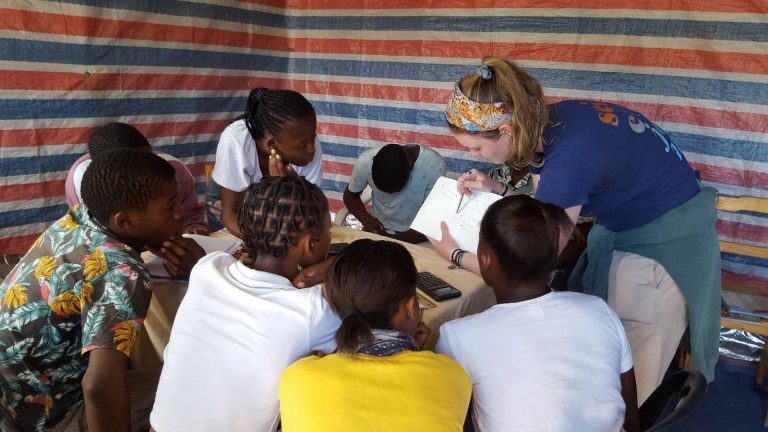
We provide education, and life skills transfer. Engaging with schools we identify key-stage learning milestones children struggle with, and source in teachers, tutor/volunteers to address the gaps resulting in increased cognitive development, improved confidence, and grades. We disseminate our model to education institutions globally and during 2022/2023 manage the STEPi project across South Africa. Focusing on predominantly women enterprise for self-sufficiency, we have transferred skills and knowledge in waste -and environmental management, growing food, first aid, crafting and tourism.
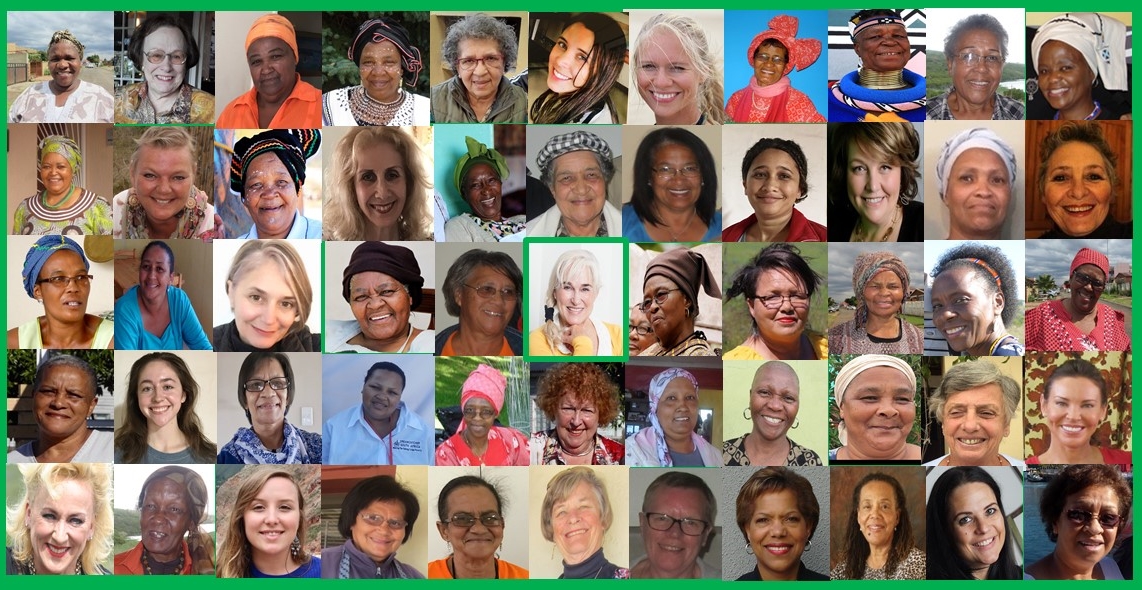
Historically in sub–Saharan Africa women have not had the same education, work and enterprise opportunities as males. The situation is mirrored in South Africa where due to social pressures many girls leave education at an early age. We believe that affirmation of diversity, women and youth are critical to ensure sustainable futures for all. From inception our work has focused on gender equality and supporting women-led enterprise. We work across township communities in Southern Africa to encourage women in enterprise, instill leadership and work together creatively for sustainable outcomes. We are supported by an inspirational network of supporters and collaborators across Southern Africa and internationally.
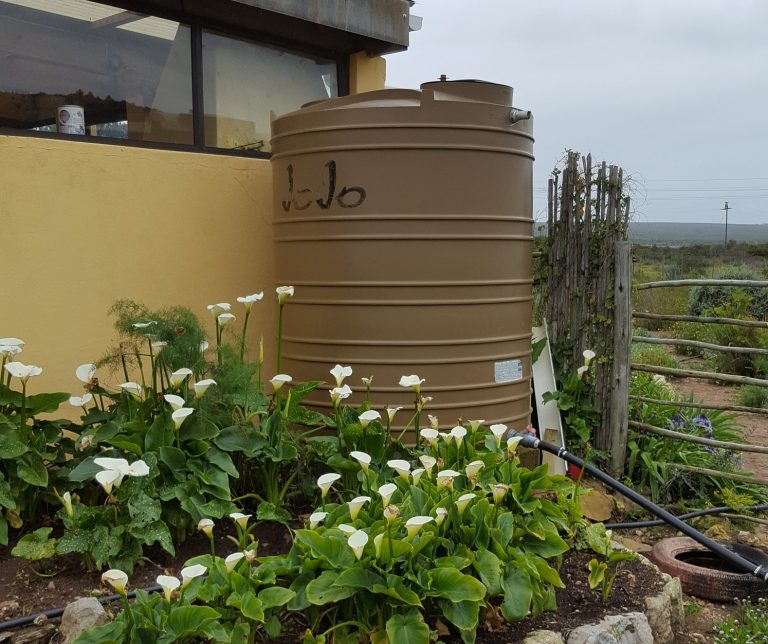
Vast areas where our community engagement and socio-economic development projects are run, are situated in areas impacted by protracted drought. To address this, we support enterprises with rainwater conservancy tanks and our home office runs off rain-water. We provide skills transfer to grow food in small patches in cyclical fashion using conserved water and compost from organic waste.
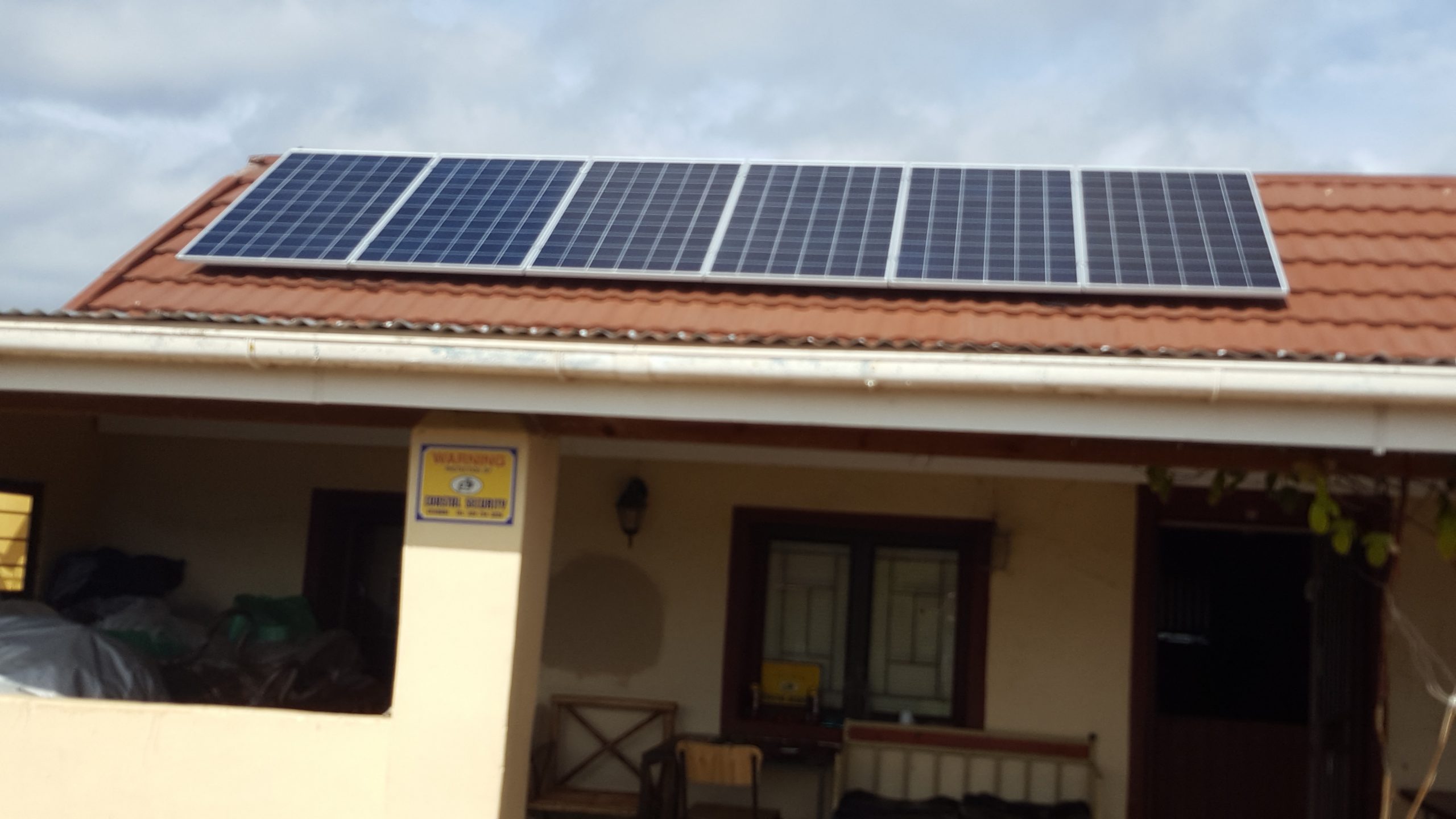
We promote the use of renewable energy (solar and wind power). Some homestays and the Dreamcatcher home office have solar power including warm water cylinders installed – and we are looking to roll this out further. Our pop up workshop for the 'Made In Melkhoutfontein' project ran solely off solar.
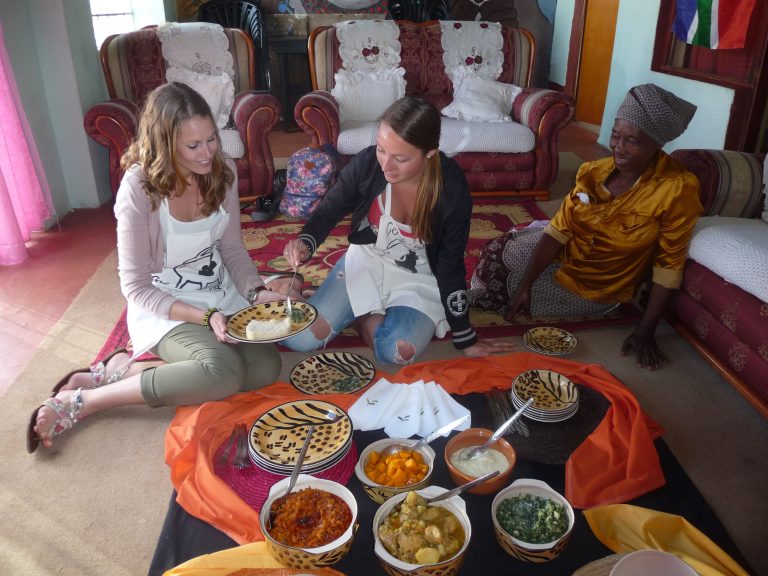
Dreamcatcher South Africa has developed an integrated outcomes based socio-economic development model address the local challenges in communities where we work. Over 30 years we have turned these challenges into opportunities stimulating inclusive local economic development, job and enterprise development. Examples of this are tourism services offered by women and youth in communities around Southern Africa.
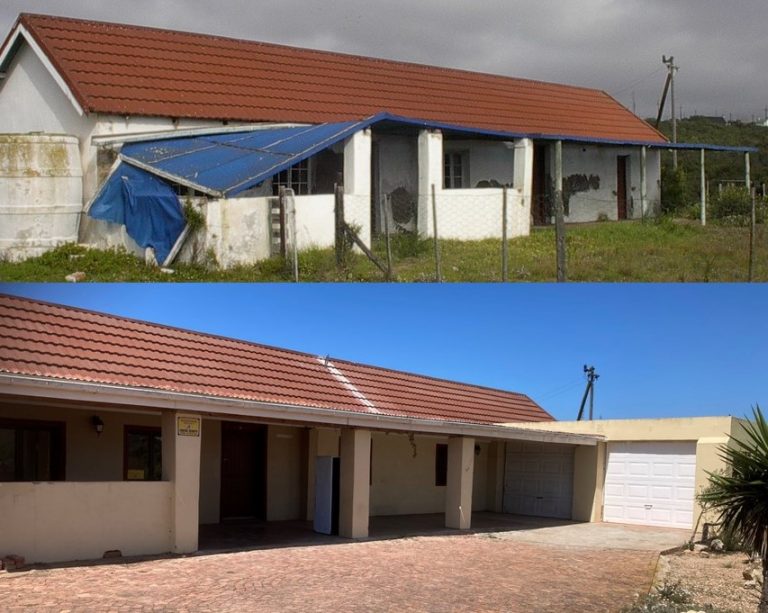
We have transformed neglected spaces and underutilized buildings into infrastructure that inspires innovation. With international collaborators we have innovated low-cost solutions to transform waste into a resource addressing the environmental and public health impacts associated with poor waste management. This has led to enterprise and innovation in design.
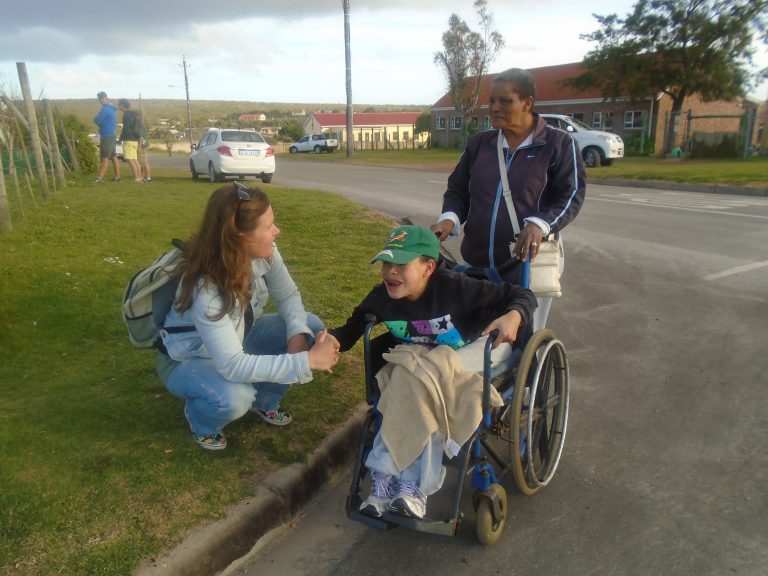
By offering women the chance to be entrepreneurs and create sustainable opportunities, we reduce gender imbalance. We aspire to be a platform which tailors to tourists of any race and gender. Through the Dreamcatcher inclusive development programmes we affirm and encourage diversity. We collaborate and support vulnerable members in communities where we work including those with physical and mental challenges.
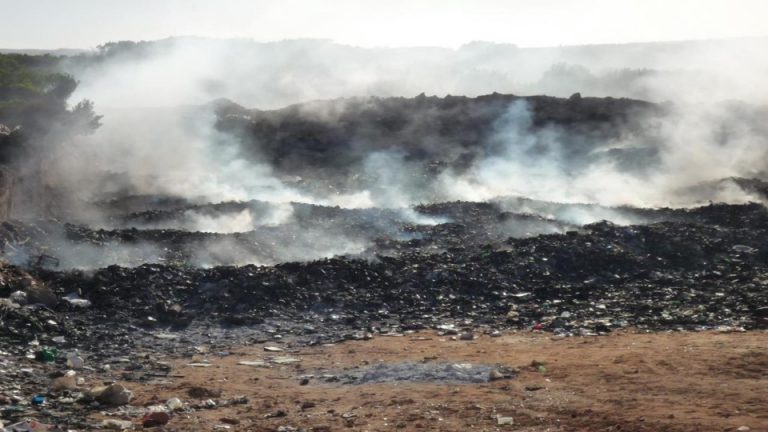
Through our work on waste, water conservation, local food production, rehabilitation of spaces and use of renewable energy we are contributing to sustainable communities where we work. Skills and knowledge transfer is purposed to inform the locals about the importance of their environment and the local species.
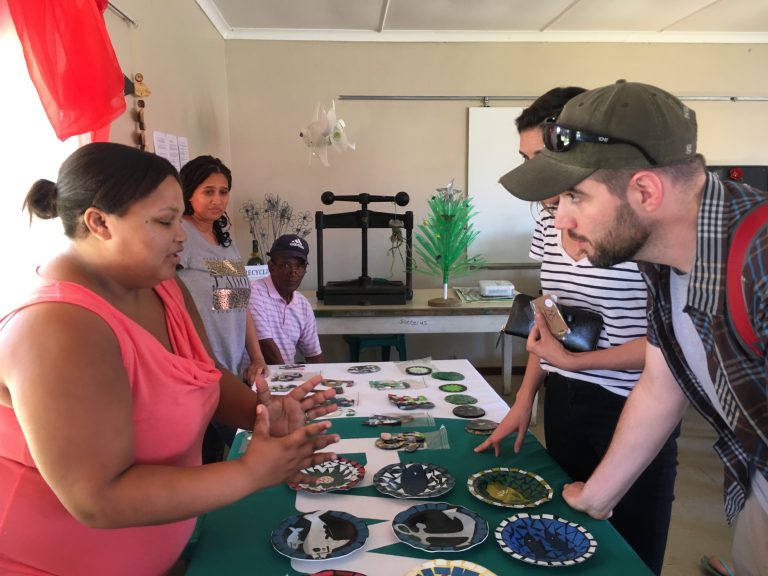
Through our waste activities and Made in Melkhoutfontein local resources are reused to produce new products, which creates jobs and new income stream whilst benefitting the local environment. We are collaborating with a wide range of local and international stakeholder to address waste challenges. On responsible consumption we collaborate and source in local suppliers and services, and grow our own food.
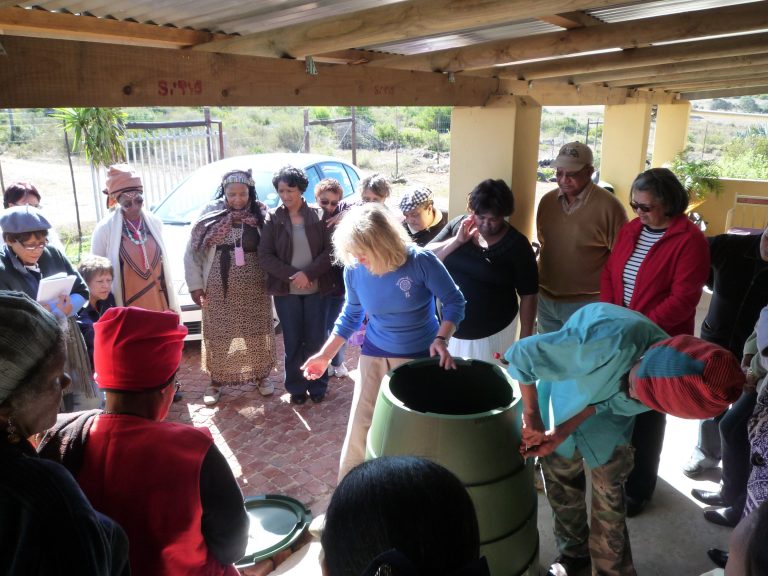
Through our integrated projects we are addressing climate change. For over a decade we have been supporting the composting of food and garden waste in communities - this includes the supply of Green Johanna composting units, training on how to compost and guidance on utilising the resulting compost to grow food. Composting activity reduces the amount of waste requiring transport and disposal - organic waste in landfill is a significant contributor to methane emissions - a key greenhouse gas. Composting, which is an aerobic process, reduces these emissions.
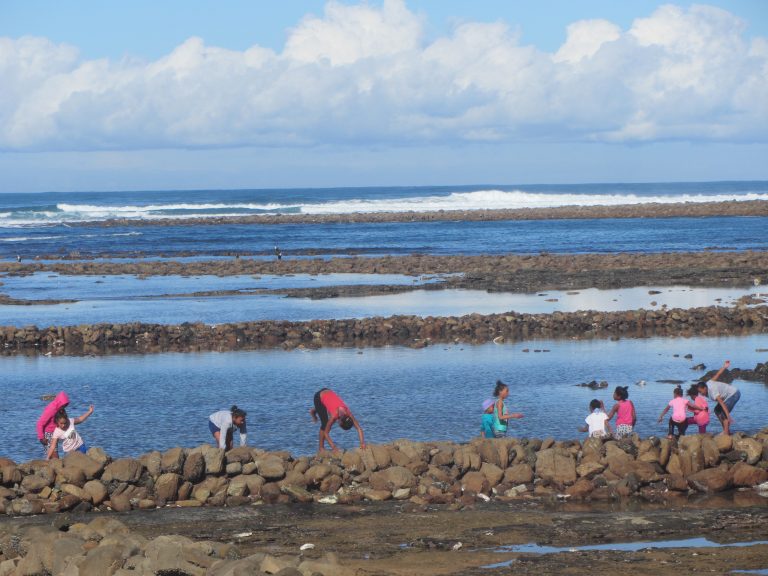
We collaborate with local authorities to combat waste dumping in the ocean or on beaches. We organise beach clean-ups to collect marine plastics and motivate locals to re-use the waste to create new products and incomes. We work with youth to raise awareness of the importance of marine environments including the world-famous fish traps in Stilbaai.
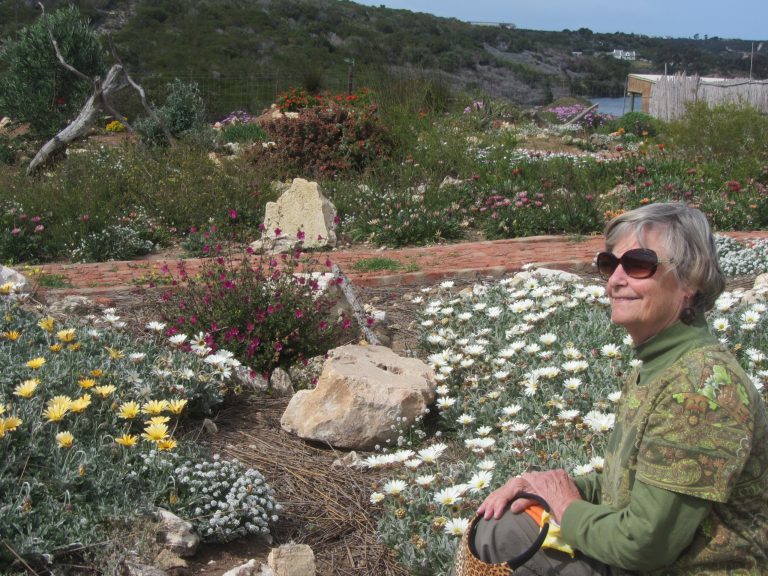
We remediated a dumpsite and transformed it into a botanical garden. We have removed alien invader plant species rehabilitating land allowing for indigenous plant species and wildlife to return. We transform alien plant species into crafts which help fund this work.
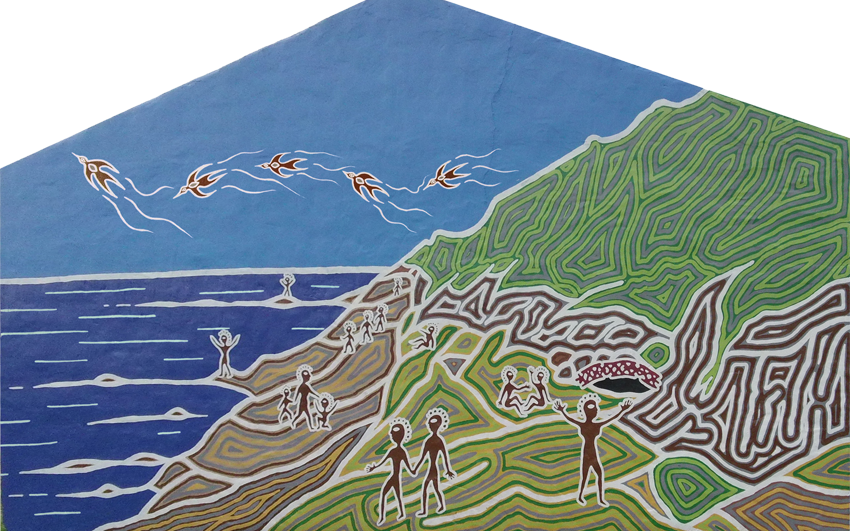
Historically local communities across South Africa were excluded from access to tourism benefits and entrepreneurial opportunities. We change this narrative by empowering local enterprises and have affected geographical spread of tourists through the development of new tourism itineraries. We celebrate the cultural diversity of South Africa which had historically been overlooked. We have placed humanity back into the tourism experience. These actions have led us to be recognised as leaders in tourism across Africa.

We have formed collaborative partnerships across Africa and globally to deliver projects which stimulate local economies, increase education and skills transfer, and well-being. We share our knowledge globally with educational institutions, development organisations, and governments.